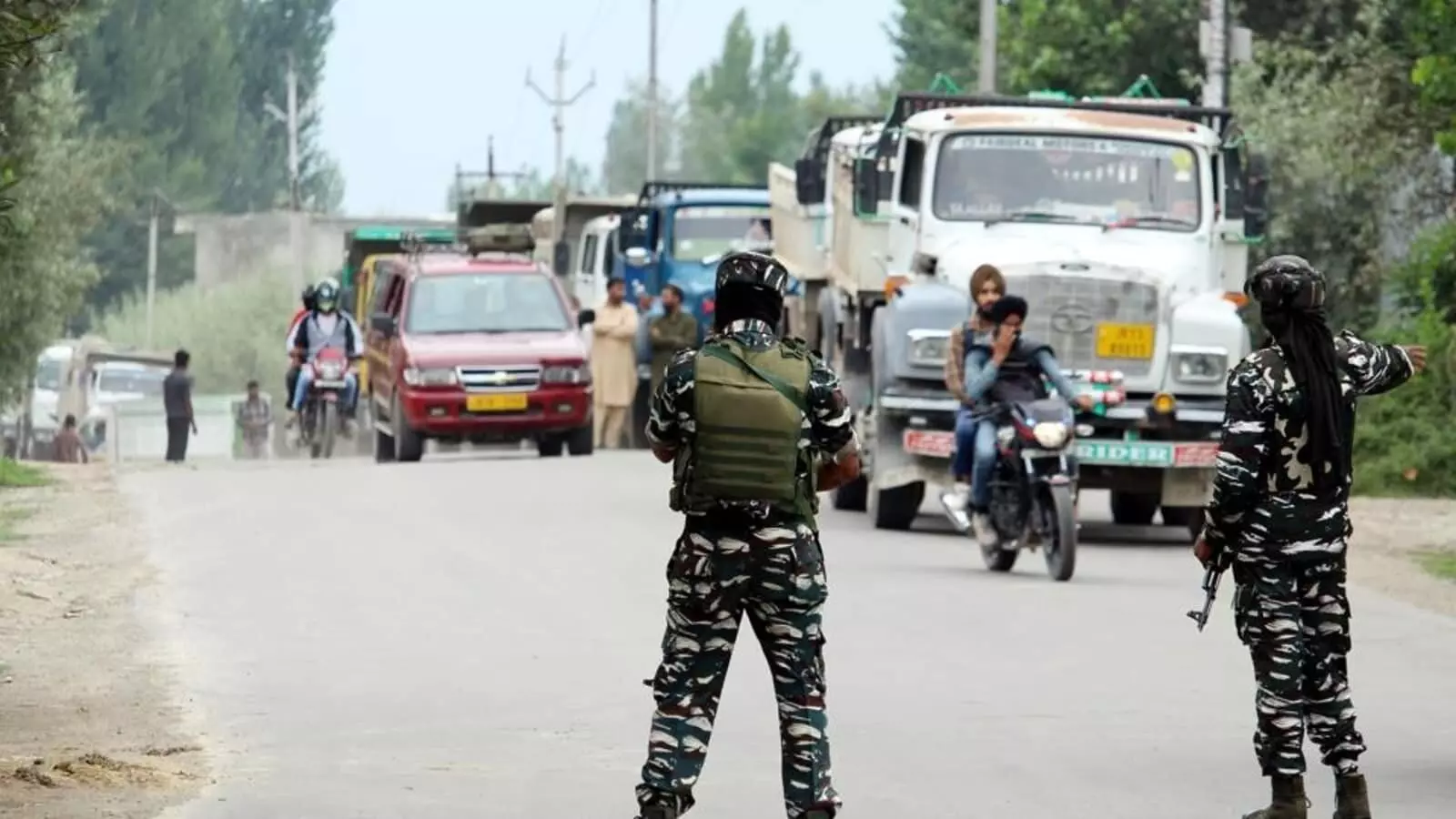Grim beginning

As the new year set in, the world was searching for hope, peace and optimism but the militants in Kashmir valley proved once again that they remain untouched with these lofty and healing notions. On the very first day of the year, at least four civilians were gunned down by militants while the total number of people who were shot with bullets was 10. This was the second incident of civilian killing in Rajouri District in a span of mere two weeks. The scale of the recent terror incident is perhaps the worst the district has seen in over a decade. Overall, in the Kashmir valley, militancy is witnessing an upswing. The Hindu reported that militants carried out around 29 targeted civilian attacks in Kashmir in the year 2022, apart from 12 attacks on security forces. In fact, it is reported that the number of militant attacks on outsiders, Pandits and Jammu residents have been the highest since the Centre ended the special constitutional position of J&K in 2019. The deteriorating situation has surfaced despite the security forces going down heavily on militant groups. In 2022 alone, the security forces neutralised 133 militants in 76 encounters in Kashmir. At the same time, a dip was reported in the number of new local recruits in 2022 — 100 against 133 in 2021. So, despite a clampdown by security forces, and relatively fewer local recruits in the past year, there has been no let-up in the number of terror incidents in the valley. This indicates that the high-handed approach of the security forces might be serving as a deterrent for the larger population but the deep-rooted resentment among a significant section has only got boosted. This calls for a reconsideration of the approach towards the handling of local militants in the valley. When the special constitutional position of Jammu & Kashmir was put to an end in 2019, it served as a final blow to the aspirations of militants. The slight empathy that once there was, towards them, came to an end. From the perspective of the Indian state, the fine distinction between terrorists and militants got blurred. The mix of empathy and assertiveness gave way to an approach that can be roughly described as high-handed. In a scenario where locals join militancy each year, can the elimination of the phenomenon called militancy be expected? It appears less likely. One may keep eliminating militants physically but militancy will remain a self-renewing menace. It is unfortunate that today the debate around having an empathy towards militants has by and large come to an end. It is true that the incidents like the recent one in Rajouri call for strict action and combat, and the culprits need to be given the strictest possible punishment, but that is less likely to solve the problem in the longer run. It may seem a bit old-fashioned and a soft approach, but the carrot and stick policy is still the way to go forward. The security forces in the Kashmir valley are right in their approach to clamp down on militants but that will deliver results only if it is coupled with empathy towards the militants who are forced to take up arms each year in good numbers. A need for an approach that blends both incentives and deterrents is more pronounced than ever at this juncture. Seen beyond the descriptive news reports of civilian killings and counter casualties to militants in statistical terms, the reality in Kashmir has always been more complex and grimmer than what meets the eye. The beautiful valley has been subjected, over decades, to the ugliest of realities. Apart from the loss of precious lives every now and then, the character and nature of the population in the valley has also been shaped by the perpetual crisis. From mental well-being to social living, everything has been negatively affected. Furthermore, it must be noted that the plight of minorities in Kashmir and the migration of Kashmiri Pandits still remain a problem. The government should make an honest retrospection if the current approach is suitable for dealing with the crisis in Kashmir. If not, necessary course-corrections need to be made by the earliest.



